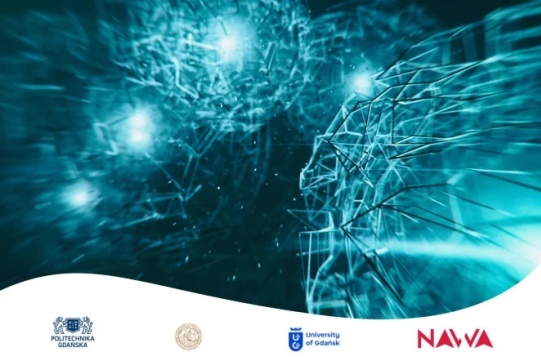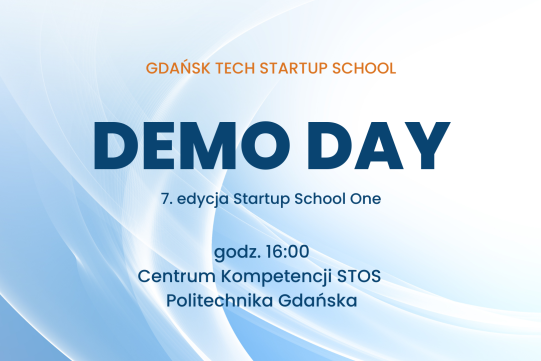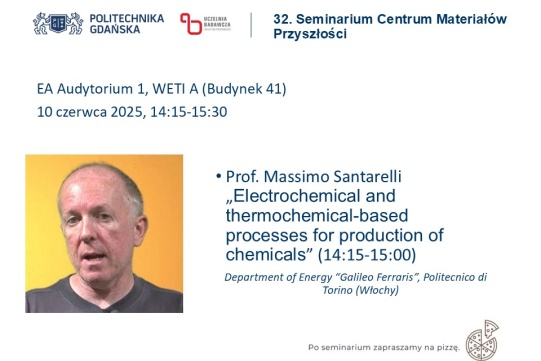Regulaminy
Letnia Szkoła „Physics of Quantum Chips” - zapisy do 8.06.2025 r.

Letnia szkoła PQC 2025 to intensywny program edukacyjny łączący wykłady z ćwiczeniami praktycznymi, koncentrujący się na fizyce układów scalonych wykorzystywanych w komputerach kwantowych. Uczestnicy zdobędą wiedzę na temat:
Obóz Umiejętności Społecznych organizowany przez Towarzystwo Profilaktyki Środowiskowej „MROWISKO"

Podczas obozu nauczysz się:
Demo Day 7. edycji programu Startup School One

Tutaj zarejestrujesz się na wydarzenie
Zapraszamy na prezentacje zespołów startupowych 7. edycji programu, które odbędą się w sali konferencyjnej Centrum Kompetencji STOS w godz. 16:00-19:30.Zespoły powalczą o nagrodę publiczności, sponsorowaną przez Politechniczny Klub Biznesu PKB+.
Agenda wydarzenia
16:00 - 16:15 - Otwarcie wydarzenia
16:15 -17:15 - I bloki prezentacji
17:15 - 17:30 - Przerwa kawowa
Demo Day
32. Seminarium Centrum Materiałów Przyszłości 10 czerwca 2025 r. o godz. 14:15

Serdecznie zapraszamy na 32. seminarium Centrum Materiałów Przyszłości, które odbędzie się już 10 czerwca 2025 r. (wtorek) o godzinie 14:15 w sali EA Audytorium 1 (budynek 41, ETI A).
Prof. Massimo Santarelli z Department of Energy “Galileo Ferraris”, Politecnico di Torino (Włochy) przedstawi wykład pt. "Electrochemical and thermochemical-based processes for production of chemicals".
Po seminarium tradycyjnie zapraszamy na pizzę!
Konkurs na maszynę Goldberga rozstrzygnięty

Konkurs polegał na tym, by zaprojektować i skonstruować maszynę działającą na zasadzie domina – to zadanie, z jakim zmierzyć musieli się uczestnicy konkursu na maszynę Rube Goldberga. To już drugi raz, kiedy można było sprawdzić swoje umiejętności projektowe i konstrukcyjne w konkursie organizowanym przez Politechnikę Gdańską w ramach Bałtyckiego Festiwalu Nauki. Do wygrania były – indeksy na wybrane kierunki studiów na PG.
studia stacjonarne II stopnia
Inżynieria energii odnawialnej
Program studiów
obowiązuje od roku akademickiego 2025/2026 - zimowy
profil ogólnoakademicki
studia w języku angielskim
studia 4-semestralne
Wyniki - EN
Tytuł: The announcement of the ranking lists of candidates to the Doctoral School for AY 2025/2026 - standard admission
Social sciences area:
-
economics and finance [EiF]
-
management and quality studies [ZiJ]
Exact and natural sciences area:
-
chemical sciences [NCh]
-
physical sciences [NF]
-
mathematics [M]

